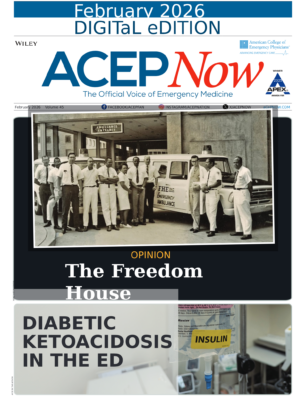Losing your sense of smell and taste may be the best way to tell if you have COVID-19, according to a study of data collected via a symptom tracker app developed by scientists in Britain and the United States to help monitor the coronavirus pandemic.
Almost 60% of patients who were subsequently confirmed as positive for COVID-19 had reported losing their sense of smell and taste, data analyzed by the researchers showed.
That compared with 18% of those who tested negative.
These results, which were posted online but not peer-reviewed, were much stronger in predicting a positive COVID-19 diagnosis than self-reported fever, researchers at King’s College London said.
The app, which the researchers say could help slow the outbreak and identify more swiftly those at risk of contracting COVID-19, can be downloaded via the URL covid.joinzoe.com.
If enough people participate in sharing their symptoms, the scientists said, the app could also provide healthcare systems with critically valuable information.
“This app-based study is a way to find out where the COVID-19 hot spots are, new symptoms to look out for, and might be used as a planning tool to target quarantines, send ventilators and provide real-time data to plan for future outbreaks,” said Andrew Chan, a professor of medicine at Harvard Medical School in the United States who is co-leading the study.
Of 1.5 million app users between March 24 and March 29, 26% reported one or more symptoms through the app. Of these, 1,702 also reported having been tested for COVID-19, with 579 positive results and 1,123 negative results.
MATHEMATICAL MODEL
Using all the data collected, the research team developed a mathematical model to identify which combination of symptoms – ranging from loss of smell and taste, to fever, persistent cough, fatigue, diarrhoea, abdominal pain and loss of appetite -was most accurate in predicting COVID-19 infection.
“When combined with other symptoms, people with loss of smell and taste appear to be three times more likely to have contracted COVID-19 according to our data, and should therefore self-isolate for seven days to reduce the spread of the disease,” said Tim Spector, a King’s professor who led the study.
Trish Greenhalgh, a professor of primary care health sciences at Britain’s Oxford University and who is not involved in the study, said it was the first to demonstrate scientifically and in a large population sample that loss of smell is a characteristic feature of COVID-19.
Spector’s team applied their findings to the more than 400,000 people reporting symptoms via the app who had not yet had a COVID-19 test, and found that almost 13% of them are likely to be infected.
This would suggest that some 50,000 people in Britain may have as yet unconfirmed COVID-19 infections, Spector said.
Pages: 1 2 | Multi-Page





No Responses to “Loss of Taste and Smell Key COVID-19 Symptoms, App Study Finds”